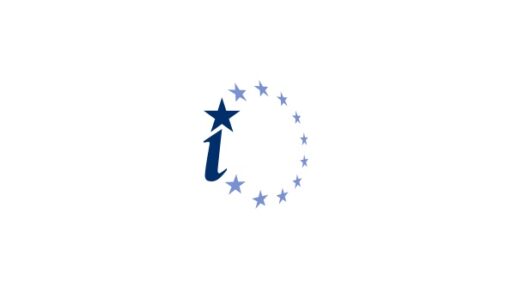European Council discusses Tampere II Programme and enlargement (VN)
The European Council that convened in Brussels on 18 June dealt with the Commission report on the programme agreed at the Tampere European Council, which covers justice and home affairs issues.
According to the report, considerable progress has been made on implementing the area of freedom, security and justice. The European Council took the view that it is high time to begin the next stage of the process and asked the Council and the Commission to make proposals for a new Tampere II Programme.
The conference also dealt with combating terrorism, on which a declaration had been approved in March. Progress has clearly been made in combating terrorism and the Member States were urged to implement as yet unfulfilled commitments within the agreed time scale.
The European Council discussed enlargement and pointed out that membership negotiations with Bulgaria and Romania had made considerable progress. Negotiations with Bulgaria have been brought to a tentative conclusion and efforts are being made to reach the same stage with Romania during the course of this year. The aim is that the countries should join the Union in 2007, if they are ready for it by then.
As far as Turkey is concerned, the European Council expressed its satisfaction with the reforms that have taken place in the country and gave its support to Turkey’s preparations for its membership negotiations. Turkey will be reassessed at the December European Council. The Council also agreed that Croatia had fulfilled the conditions for membership and that membership negotiations will begin with Croatia early in 2005.
The European Council stated that agreement on the Union’s new financial framework should be reached in accordance with the timetable agreed earlier, i.e. summer 2005. The conference also approved the guidelines on economic policy and employment.
Conclusions approved by the European Council also covered the implementation of European security strategy, conflict prevention and human rights, implementation of joint security and defence policy, neighbourhood policy, strategic partnerships with Mediterranean and Middle East countries and the situation in Sudan/Darfur, the Democratic Republic of the Congo and Iran. Declarations were also approved covering Iraq, the Middle-East peace process and the Serbian Presidential elections. In conjunction with the conference, the foreign ministers also discussed the Middle East situation, Iran and Afghanistan.
The Heads of State or Government will continue their discussions at the Intergovernmental Conference in which it is hoped to reach agreement on the EU Constitutional Treaty. The question of a new candidate for President of the Commission also remains open.
Further information: Antti Peltomäki, State Secretary for EU Affairs, tel. +358 9 1602 2180, and Jari Luoto, State Under Secretary for EU Affairs, tel. +358 9 1602 2182, Government Secretariat for EU Affairs
Government Information Unit Press release 198/2004


